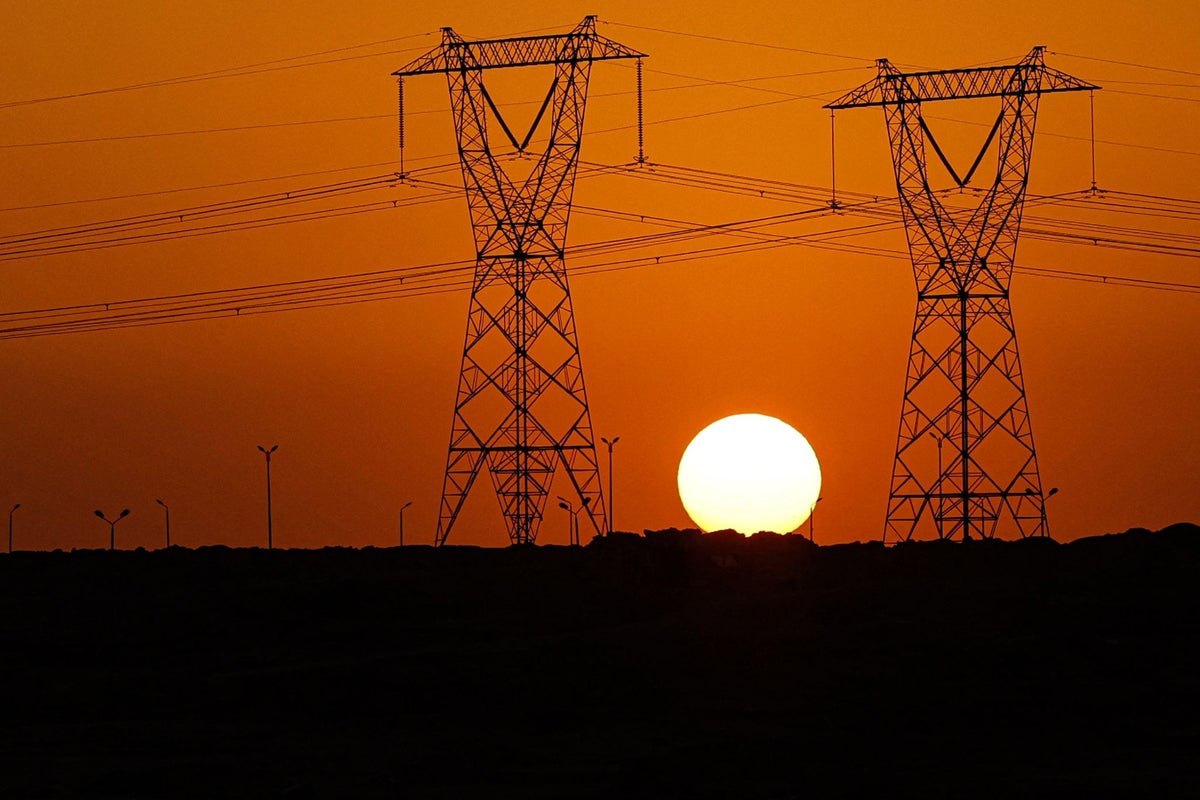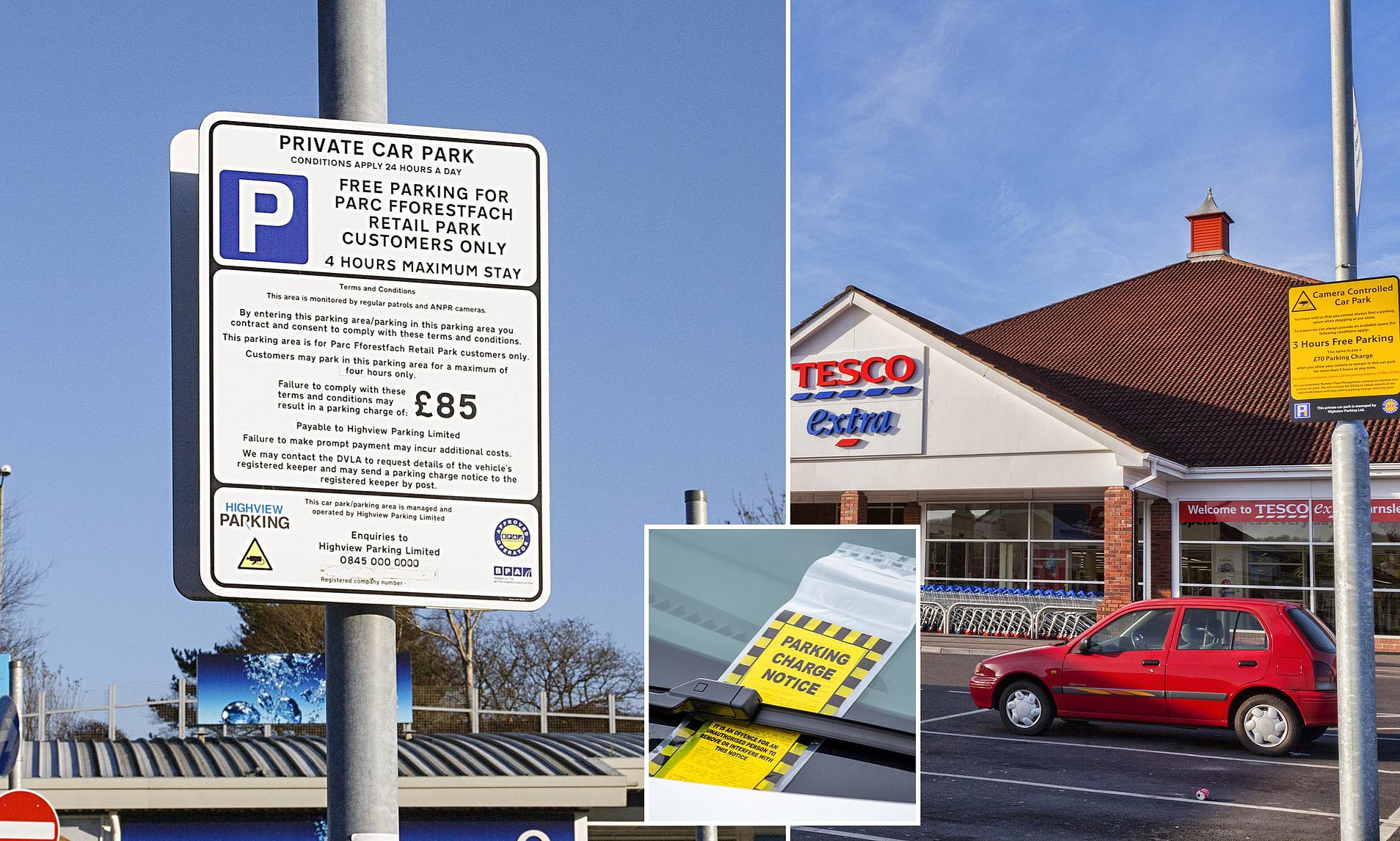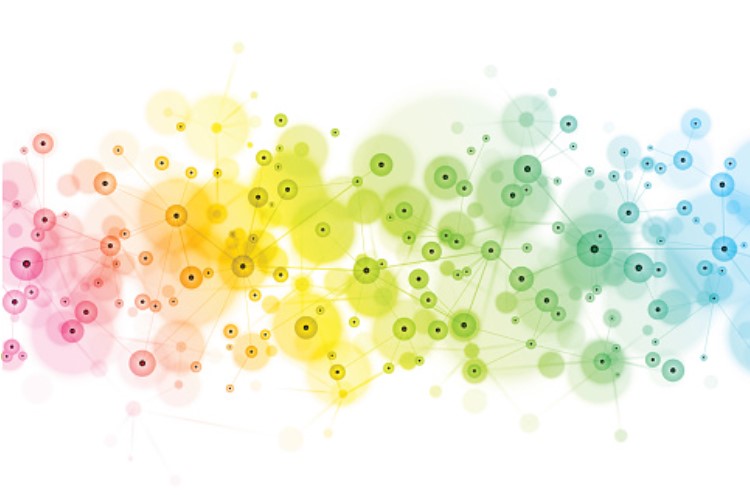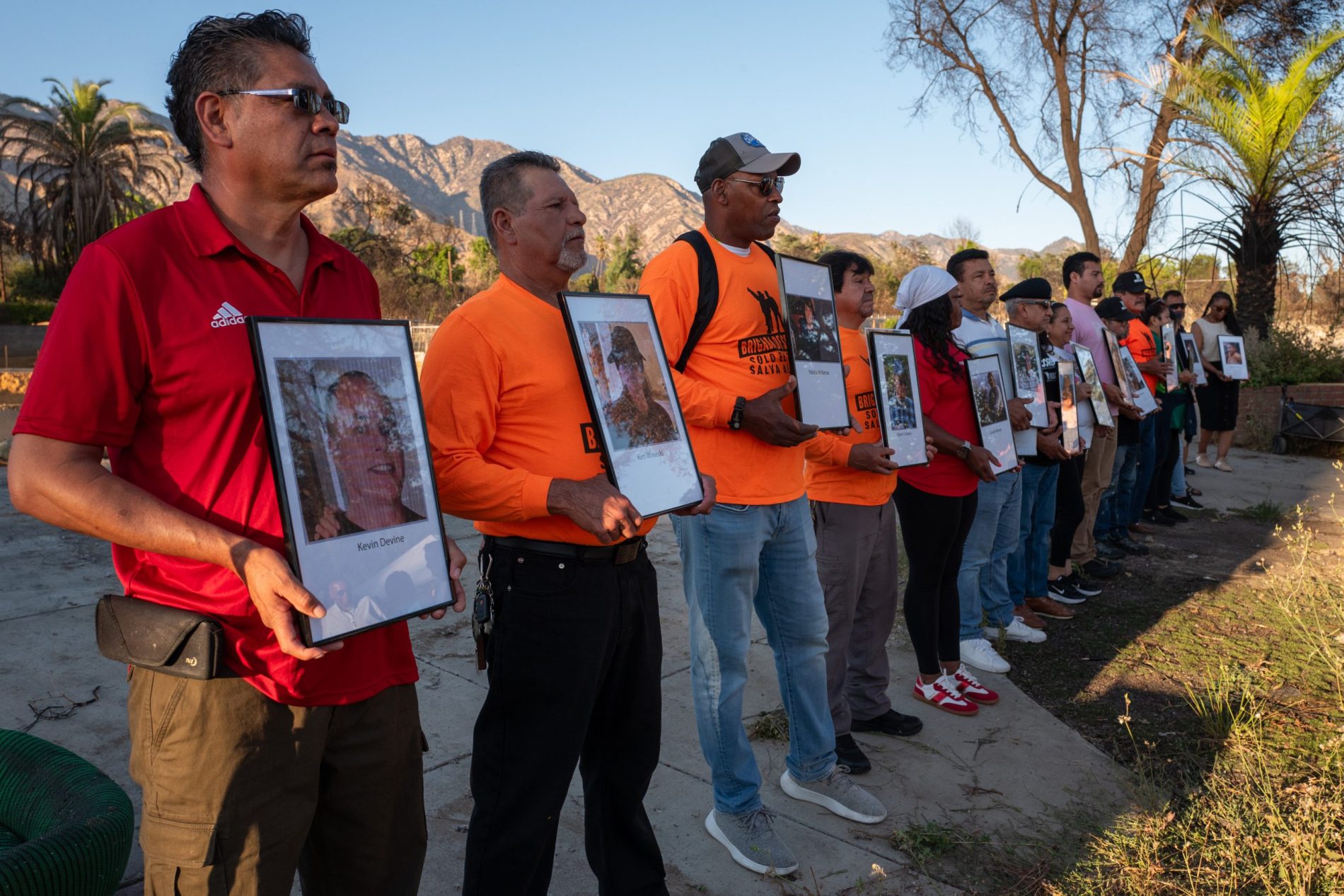
Gaza’s Struggle: Palestinians Bear the Cost of a Crippled Economy
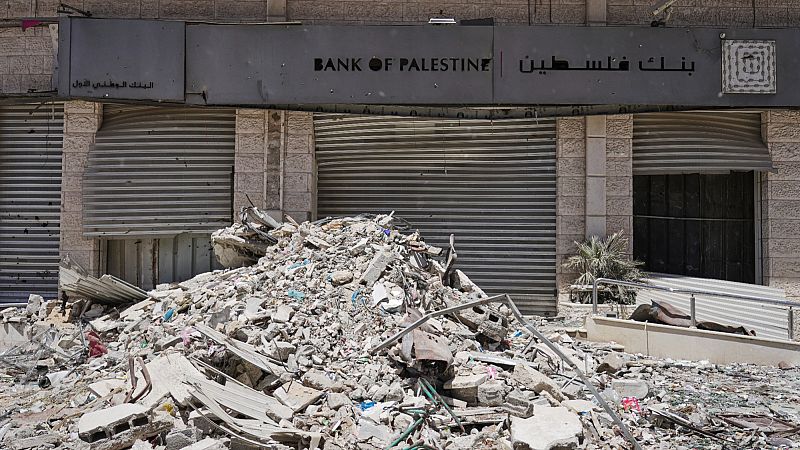
The Cash Crisis in Gaza: A Struggle for Survival
The Gaza Strip is grappling with a severe cash crisis that has exacerbated its already fragile economy. With essential resources like food, fuel, and medicine in short supply, the currency situation has become dire. The majority of banks and ATMs are out of service, forcing residents to turn to an informal network of cash brokers for their daily financial needs. These brokers charge exorbitant commissions, which have skyrocketed to approximately 40%, leaving many families desperate.
The Impact of Cash Scarcity
Ayman al-Dahdouh, a school director in Gaza City, reflects on the toll this crisis is taking. “The people are crying blood because of this,” he lamented. “It’s suffocating us, starving us.” As inflation rates soar, unemployment remains high, and savings dwindle, families are increasingly resorting to selling their belongings to purchase basic necessities.
Palestinians predominantly use the Israeli shekel for transactions, but the ongoing cash shortage has led to a reluctance among merchants to accept worn or frayed banknotes. With Israel halting the flow of new cash into Gaza to limit Hamas’s access to funds for weapons and fighters, desperation has intensified among the populace.
Causes of the Cash Crunch
Several factors contribute to the current financial situation in Gaza. The conflict has led to a withdrawal of wealthier families from the area, who have removed their funds from banks and fled. Additionally, rising concerns about the stability of Gaza’s financial system have prompted foreign businesses to demand cash payments, further limiting the availability of liquid assets.
As the money supply dwindled, the fees charged by cash brokers—initially around 5%—have surged dramatically, creating an additional burden for families seeking to access cash. One resident, Mohammed Basheer al-Farra, explained, “If I need $60, I need to transfer $100. We lose nearly half of our money just to be able to spend it.”
A Harsh Economic Landscape
The economic landscape in Gaza is bleak. According to the World Bank, inflation surged by an astonishing 230% in 2024, only easing slightly during a temporary ceasefire before rising again. As of late 2024, unemployment rates were reported at around 80%, and this figure is expected to have worsened since.
Despite the dire circumstances, cash remains an essential part of everyday life. Al-Dahdouh noted that cash is necessary for purchasing everything from vegetables to transportation. For many, accessing cash has meant relying on cash brokers, who often charge high fees for their services.
Daily Struggles for Families
Families like that of Shahid Ajjour have been living off their savings for two years, having lost their business during the ongoing conflict. Ajjour recounted, “We had to sell everything just to get cash,” explaining how she sold her gold to buy basic items like flour and canned goods. The cost of essential food items has skyrocketed; flour, for example, now costs about $12 every two days, up from less than $4 before the war. Sugar prices have soared to between $80 to $100 per kilogram, and gasoline is now priced at approximately $25 per litre.
The Condition of Currency
The physical state of the currency in Gaza is a reflection of the prolonged conflict. Banknotes are often worn and barely usable, with residents describing them as fragile and prone to tearing. Business owners have reported pressure from suppliers to only accept pristine bills, complicating transactions further.
The Rise of Cash Brokers and Economic Control
With banks largely closed, individuals with cash reserves have gained significant power. “People are at their mercy,” said Mahmoud Aqel, a displaced resident. The lack of oversight in the market has made it difficult to regulate prices and exchange rates, resulting in an unpredictable economic environment.
In an attempt to address the crisis, the Palestine Monetary Authority introduced a digital payment system called Iburaq, which gained considerable traction among residents. However, it ultimately faltered due to merchants’ insistence on cash payments.
The Humanitarian Impact
The ongoing conflict complicates the situation further, with humanitarian aid becoming a crucial lifeline for many families. Al-Farra described the scramble at aid distribution centres, where families fight for limited supplies of flour and pasta. “This is the only way I can feed my family,” he stated, highlighting the desperation faced by many in Gaza.
As the cash crisis continues to unfold, the future remains uncertain for the people of Gaza, who are caught in a cycle of economic hardship exacerbated by conflict and a lack of resources.





